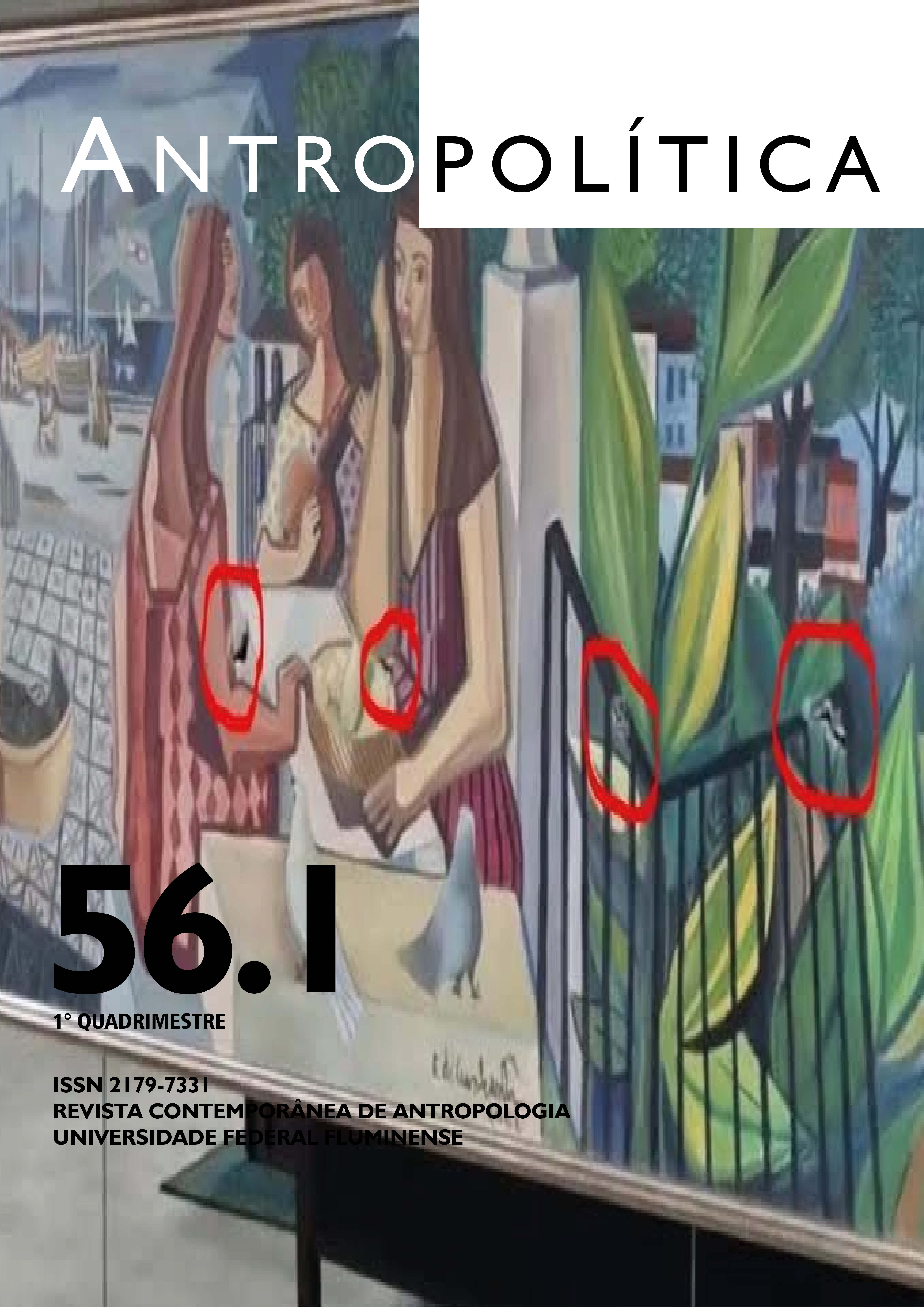De compromisos y aversiones. Intervenciones universitarias en la administración de la pena en cárceles de Córdoba (Argentina)
DOI :
https://doi.org/10.22409/antropolitica.i.a58008Mots-clés :
Moralidades, Prisión, Administración, Intervenciones Universitarias.Résumé
In this paper I explore how the relationships that involve university actors with penitentiary agents and persons deprived of their liberty are crossed by moral connotations. Facing this question necessarily entails the exercise of inquiring about the place that moral boundaries occupy obstructing/enabling particular courses of action. What do we do when we do university outreach in prisons? Who "deserves" to receive higher education in these contexts and how does "vulnerability" operate when we think about the administration of punishment on certain subjects? What does it mean to have "commitment" in these territories and what does it mean to feel "aversion" towards certain detainees? And if the "aversion" is directed towards workers of the Penitentiary Service, what substance nourishes the "commitment" to human rights that the university assumes? I am interested in investigating the asymmetries generated around "commitment" and "aversion" with their respective processes of subjection/subjectification that turn some prisoners into "appreciated" prisoners and others into "despised" ones. The reflections revolve around some events observed during the fieldwork: ethnographic scenes, analysis of documents and government programs in which we seek to examine how human rights are morally impregnated.
Téléchargements
Téléchargements
Publiée
Numéro
Rubrique
Licence
(c) Copyright Nahuel Blazquez 2024

Ce travail est disponible sous la licence Creative Commons Attribution 4.0 International .
O conteúdo da revista Antropolítica, em sua totalidade, está licenciado sob uma Licença Creative Commons de atribuição CC-BY (http://creativecommons.org/licenses/by/4.0/deed.pt).
De acordo com a licença os seguintes direitos são concedidos:
- Compartilhar – copiar e redistribuir o material em qualquer suporte ou formato;
- Adaptar – remixar, transformar, e criar a partir do material para qualquer fim, mesmo que comercial;
- O licenciante não pode revogar estes direitos desde que você respeite os termos da licença.
De acordo com os termos seguintes:
- Atribuição – Você deve informar o crédito adequado, fornecer um link para a licença e indicar se alterações foram feitas. Você deve fazê-lo em qualquer maneira razoável, mas de modo algo que sugira que o licenciante o apoia ou aprova seu uso;
- Sem restrições adicionais — Você não pode aplicar termos jurídicos ou medidas de caráter tecnológico que restrinjam legalmente outros de fazerem algo que a licença permita.


